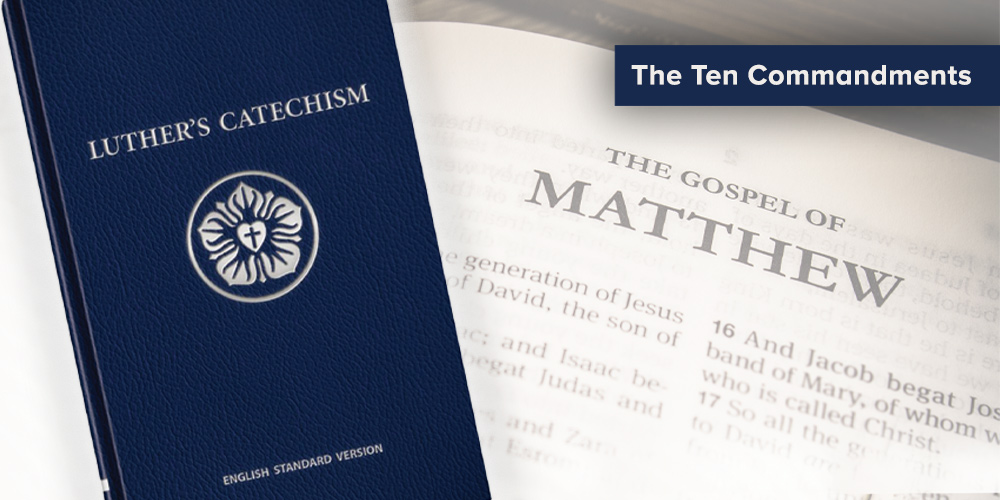 |
At the end of the 13th century, King Edward I of England invaded Scotland. The Scots yearned for a leader to restore their kingdom. They found one in William Wallace, who rallied an army to fight for independence.
The kingdom of heaven
Thirteen centuries earlier, the Jews sought such a man to expel the Romans, claim King David’s empty throne, and restore their Jewish kingdom.
Finally, that day appeared to come. First John and then Jesus began their preaching ministries with the same message, “Repent, for the kingdom of heaven has come near” (Matthew 3:2; 4:17).
When John baptized Jesus, the Father anointed his Son with the Holy Spirit as the long-awaited messianic king. Jesus called men to follow him (Matthew 4:18-24).
News spread quickly. Large crowds from seemingly everywhere followed him, gathering on a mount in Galilee to hear more about the kingdom.
The sermon for kingdom life
The Sermon on the Mount is the first of five great discourses of Jesus that Matthew records. Jesus’ Beatitudes open his sermon.
“Blessed are the poor in spirit, for theirs is the kingdom of heaven” (Matthew 5:3). “Of heaven”—not the militaristic, material kingdom the Jews expected. This kingdom isn’t taken by military force. It’s received through repentance and faith.
“Blessed are those who mourn . . . the meek . . . those who hunger and thirst for righteousness” (Matthew 5:4-6). These are all descriptions of repentant followers of the Messiah. Jesus promised, “Blessed are the merciful . . . the pure in heart . . . the peacemakers . . . those who are persecuted . . . because of righteousness” (Matthew 5:7-10). Servants would reflect the character of their master and suffer for it.
The kingdoms of the world bring evil against the Messiah and his people. We respond with grace as salt and light—seasoning, preserving, and enlightening the world. This love for others flows from a heart loved by God, as opposed to mechanical, outward obedience taught by the Pharisees.
In the Messiah’s kingdom, giving, praying, and fasting are done in God’s presence, not people’s. “Your Father, who sees what is done in secret, will reward you” (Matthew 6:4,18). A heart so dialed into God’s presence and providence will trust him fully (Matthew 6:25-33).
And this life is properly lived in view of God’s coming judgment. This cultivates a healthy fear and respect of God that curbs the flesh and builds a repentant life upon Jesus’ words (Matthew 7:24).
Jesus’ preaching molds his followers from the inside out. Kingdom life is lived from a heart that loves, trusts, and fears God above all things. Sound familiar?
Catechism connection
When Luther summarized God’s law in his catechism, he could have used parts of Jesus’ sermon on the Galilean mount. Instead, he chose the Ten Commandments given on Mount Sinai for a simple outline. Luther then explained that keeping the law begins with the “fear, love, and trust in God” that comes from a repentant and faith-filled heart. That makes sense.
For that is where our king reigns.
For further study: Read Psalms 1 and 2, Matthew 5–7, and Luther’s explanation of the commandments. How are God’s Beatitudes interwoven through all of them?
This is the second article in a six-part series about catechism truths found in Matthew’s gospel.
Author: James Borgwardt
Volume 110, Number 8
Issue: August 2023







